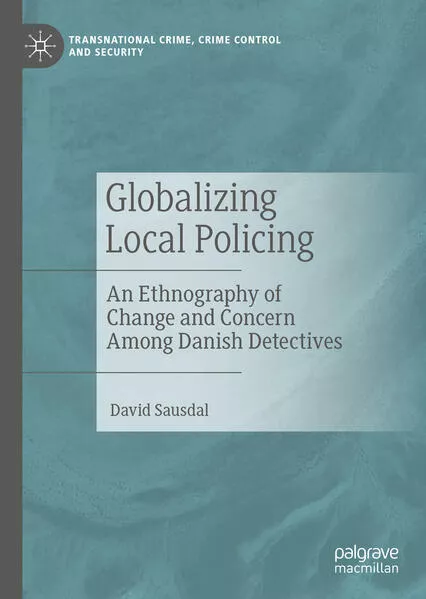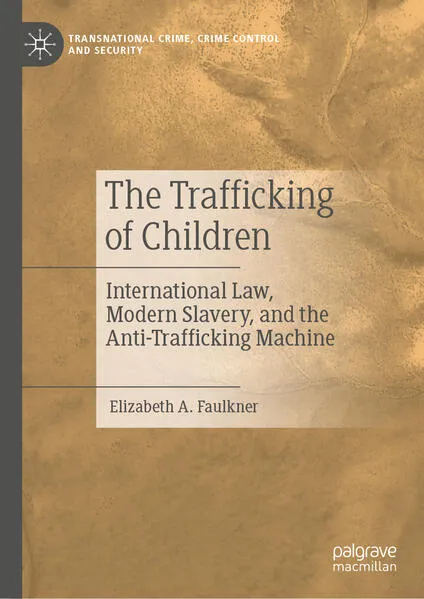Chronologie aller Bände (1 - 2)
Die Reihenfolge beginnt mit dem Buch "Globalizing Local Policing". Wer alle Bücher der Reihe nach lesen möchte, sollte mit diesem Band von David Sausdal beginnen. Der zweite Teil der Reihe "Globalizing Local Policing" ist am 20.03.2023 erschienen. Die Reihe umfasst derzeit 2 Bände. Der neueste Band trägt den Titel "The Trafficking of Children".
- Anzahl der Bewertungen für die gesamte Reihe: 0
- Ø Bewertung der Reihe: 0
- Start der Reihe: 20.03.2023
- Neueste Folge: 28.04.2024
Diese Reihenfolge enthält 2 unterschiedliche Autoren.
- Autor: Sausdal, David
- Anzahl Bewertungen: 0
- Ø Bewertung:
- Medium: Buch
- Veröffentlicht: 20.03.2023
- Genre: Krimi
Globalizing Local Policing
- Autor: Faulkner, Elizabeth A.
- Anzahl Bewertungen: 0
- Ø Bewertung:
- Medium: Buch
- Veröffentlicht: 02.06.2023
- Genre: Krimi
The Trafficking of Children
The phenomenon of child trafficking holds a unique position as an issue of significant contemporary relevance, occupying a principal place in debates about human rights today. The interchangeable terms trafficking and modern slavery evoke emotive responses and proclamations about abolition of contemporary ills, viewed as the ultimate aberration when a child is involved. The classification of children under legal frameworks marks them as different, as ‘other’, and in the context of laws implemented to address trafficking, slavery, and children on the move more generally, this distinction is complicated.
This book charts the emergence, decline and re-emergence of child trafficking law and policy during the twentieth and twenty-first centuries. It provides a systematic and comprehensive overview of the historical origins of child trafficking by utilising the wealth of information located within the non-digitised archives of the League of Nations. It focusses upon the Committee onthe Traffic in Women and Children to engage with League of Nations policy to provide an insightful and original contribution to the current body of literature. This is a book that seeks to critique the entanglements of children’s rights and colonialism in relation to the mobility and exploitation of children. It centralises the legacy of colonialism, the undercurrents of race, white supremacy, patriarchy, and their ongoing influence upon contemporary anti-trafficking legal and policy responses. Through utilizing what the author identifies as the ‘anti-trafficking machine’ as a theoretical framework, the book challenges contemporary law and policy responses to child trafficking. This theoretical framework has been adopted to illustrate a central hypothesis of the book – that the contemporary anti-trafficking agenda is both imperialist and a continuity of colonial attitudes.

